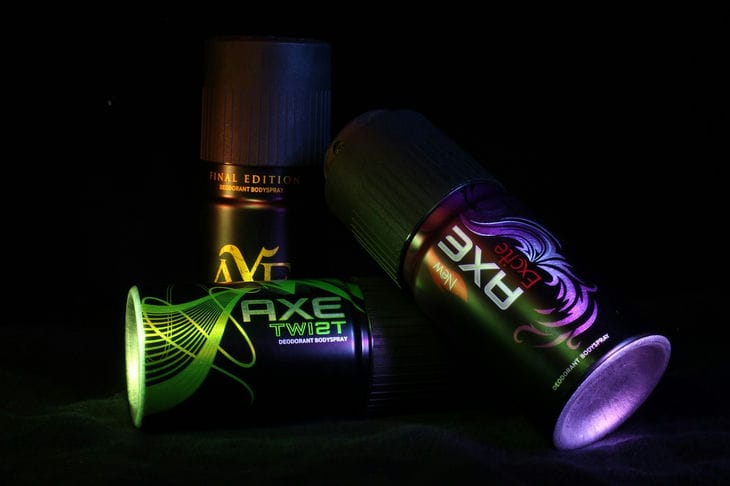Should I use deodorants or antiperspirants?
Sweating is a natural way to lower your body temperature, preventing the body from overheating in hot weather or during heavy physical work.
Despite this, the smell of sweat or damp spots on clothing in the armpit area are considered something shameful.
In modern society, it is common to mask unpleasant odors emanating from the body. To do this, people maintain hygiene and use deodorants and antiperspirants.
Many cosmetics companies offer consumers their own brands of products that eliminate sweat odor. But are they all effective and safe for health?
Why do people sweat?
Almost the entire surface of the skin has sweat glands, but they are distributed unevenly throughout the body.

Most of them are concentrated in the armpits, on the palms and feet of a person. These are the areas that are the first to become covered in sweat in the heat or during exercise in the gym.
After some time, other parts of the body begin to sweat, but the moisture does not appear as abundantly.
The essence of the sweating mechanism is simple. As soon as the body temperature begins to rise, fluid is released through the ducts of the sweat glands onto the surface of the skin, which evaporates and cools the body.
In cold weather, people sweat less because they are less likely to overheat.
Another important function of sweating is to moisturize the skin. The contents of the sebaceous glands and sweat allow the skin to maintain a hydrolipid balance, which makes it an excellent barrier to pathogenic microorganisms.
Does sweat really smell bad?
It is no secret that a sweaty person can emit an unpleasant odor. However, it is not the secreted secretion that emits it, but the bacteria that live on the surface of the skin and clothing.
These microorganisms feed on the fluid secreted by sweat glands. The waste products of such bacteria have a foul odor.
It is noteworthy that in a healthy person, sweat that has not been processed by bacteria is transparent and odorless.
Cosmetics against sweat odor
All sprays, liquids and creams against sweat odor that can be purchased in a store or pharmacy are designed to suppress or prevent the appearance of unpleasant odor emanating from the body.
Deodorants have a very strong smell.
Manufacturers try to give their products the most rich and attractive aroma.
To achieve this, cosmetic companies use artificial analogues of flower, fruit or wood extracts, which successfully mask the smell of sweat.
The basis for the production of deodorants is alcohol. It disinfects the skin well, but disrupts its water balance.
Antiperspirants are products that should not just mask an unpleasant odor, but prevent its appearance.
The required effect is achieved due to zinc or aluminum salts, which are included in most antiperspirants.
When these substances come into contact with the skin, they narrow the pores, which prevents the treated areas from secreting sweat intensively.
The smell of a sweaty body becomes less noticeable, but the blockage of sweat glands provokes the appearance of inflammation and pustules in the armpits.
What is the danger of antiperspirants?
Doctors recommend choosing antiperspirants that meet state quality standards, but even proven brands of antiperspirants are not completely harmless.
Along with sweat, the human body releases harmful substances.
It is believed that decreased sweating in certain areas of the body does not allow the body to completely cleanse itself of toxins.
Some studies suggest that the use of antiperspirants containing aluminum salts may increase the risk of breast cancer.
Malignant neoplasms are also caused by parabens, components of many types of cosmetics.
It is difficult to imagine the life of a modern person without deodorants and antiperspirants. If desired, synthetic products can be replaced with natural analogues.
